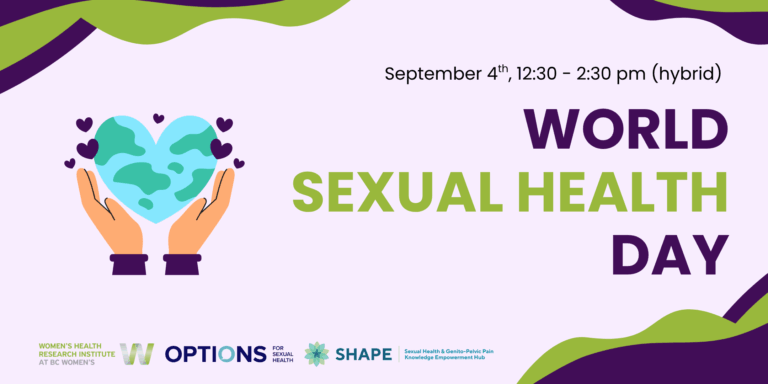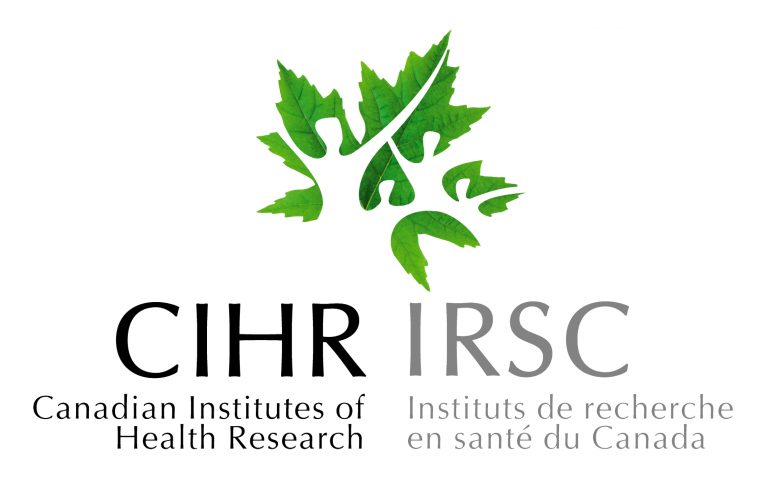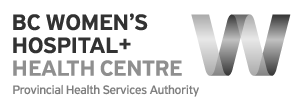
Celebrate World Sexual Health Day 2025 with the WHRI
CELEBRATE SEXUAL HEALTH World Sexual Health Day (WSHD), observed annually on September 4, is led
At WHRI, we support individuals involved in women’s health research by setting them up for success.
We aim to strengthen and expand the current network of women’s health researchers, both locally and internationally, by promoting and facilitating meaningful collaborations.
The WHRI supports a community of over 500 investigators.
Search through our database to learn more about our members and their research. Connect with women’s health researchers at home and abroad.
We offer quality support across the spectrum of the research process, including access to laboratory facilities, database building, and assistance with protocol development.
Find out more about the services we offer our members.

CELEBRATE SEXUAL HEALTH World Sexual Health Day (WSHD), observed annually on September 4, is led

Announcing the Women’s Health Research Institute Spring 2025 Trainee Travel Grant Recipients The WHRI congratulates

Reflecting on the past to build a collaborative future June is National Indigenous History Month,

The most recent Beyond the Binary chapter took the BC-based guide through a national scale-up

WHRI member Dr. Ruth Elwood Martin’s career as a family physician in Vancouver took a transformative path when a part-time role in prison medicine changed her life. Her innovative participatory research has greatly improved the well-being of incarcerated women and their infants.

Celebrating Success: Fellowships, Team Grants, and Planning and a Dissemination Grant Congratulations to the WHRI




The Women’s Health Research Institute would like to acknowledge that we are uninvited guests on the unceded ancestral territories of the xʷməθkwəy̓əm (Musqueam), Skwxwú7mesh (Squamish), Stó:lo, and sel̓íl̓witulh (Tsleil-waututh) Nations.
As a provincial research institute committed to improving the health outcomes of women, including those across the 2SLGBTQIA+ spectrum, we recognize our responsibility in the collective effort towards establishing culturally safe health care systems and services that address health inequities among Indigenous peoples, especially Indigenous women, girls, and Two-spirit peoples.
We encourage all people involved in research to read both the Truth and Reconciliation Commission of Canada: Calls to Action and the In Plain Sight Report, and reflect on ways we can incorporate the recommendations into our work. As we gather in spaces together, we encourage you to reflect on your positionality on these lands and your personal commitments to reconciliation.